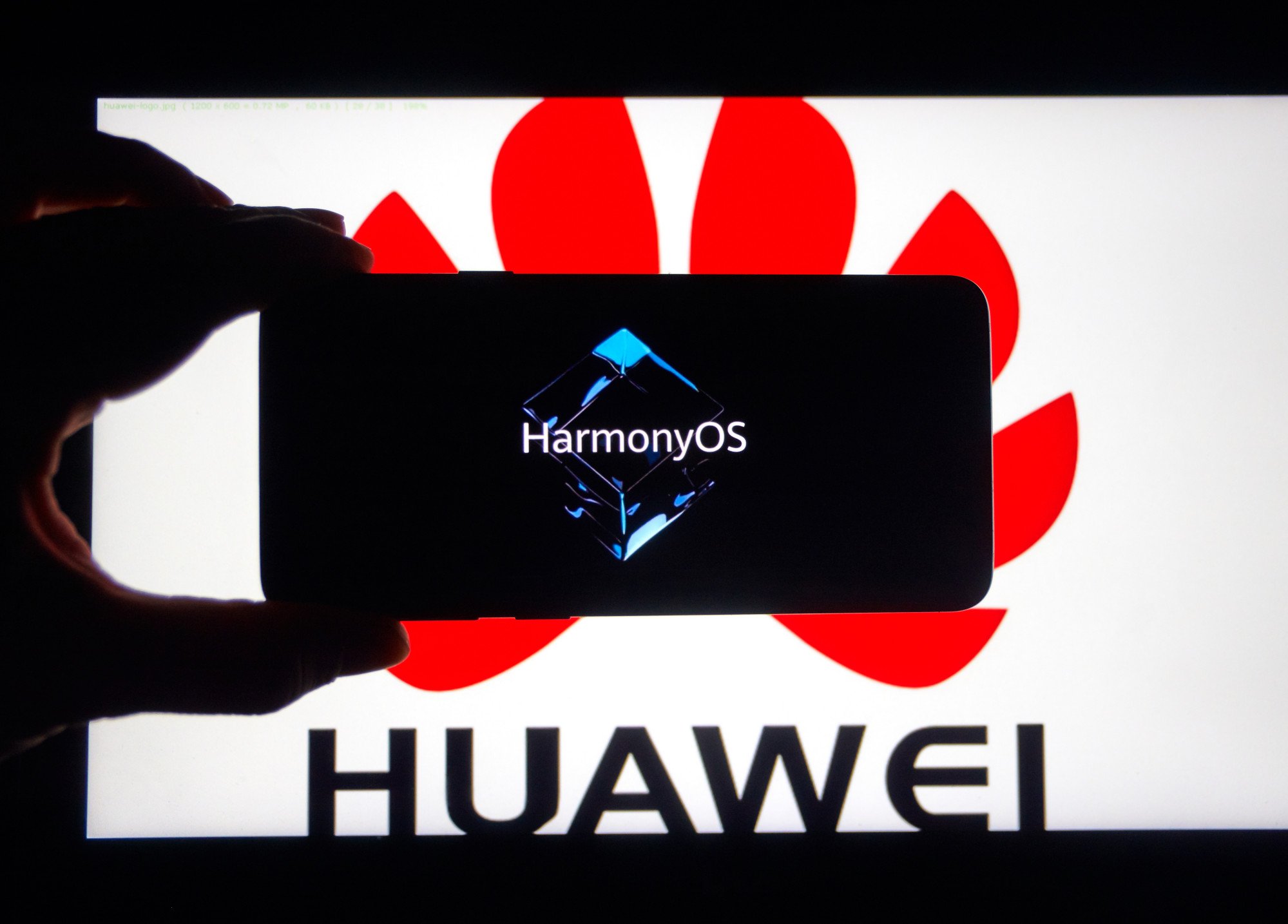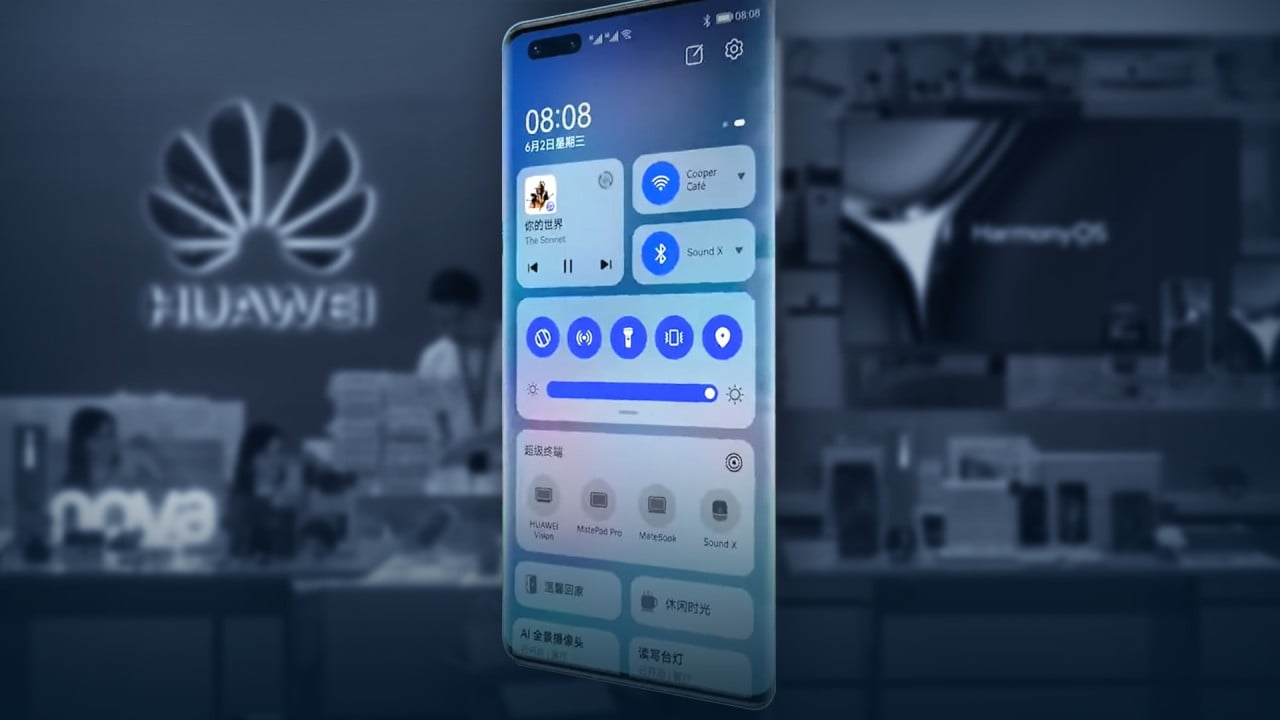
McDonald’s China pushes development of native apps based on HarmonyOS, as adoption of Huawei’s mobile operating system accelerates
- McDonald’s China unit is part of the first batch of multinational food companies on the mainland that have committed to build apps based on HarmonyOS
- A developer preview version of Huawei’s new mobile operating system, HarmonyOS Next, is expected to launch in the first quarter of 2024
The Chinese arm of McDonald’s – with a network of more than 5,500 restaurants and over 200,000 employees serving more than 1 billion customers each year – is part of the first batch of multinational food companies on the mainland that have committed to develop native apps on HarmonyOS, according to a statement by the US fast-food chain on Wednesday.

After that transaction, McDonald’s ownership in its China unit increased from 20 per cent to 48 per cent. A consortium led by state-backed conglomerate Citic has a controlling stake of 52 per cent.
Huawei’s deal with McDonald’s China builds on the momentum that HarmonyOS has gained from a growing number of mainland Big Tech companies.
Huawei is expected to launch a developer preview version of HarmonyOS Next in the first quarter of 2024.
China’s Big Tech firms seek HarmonyOS app builders as Huawei severs Android ties


